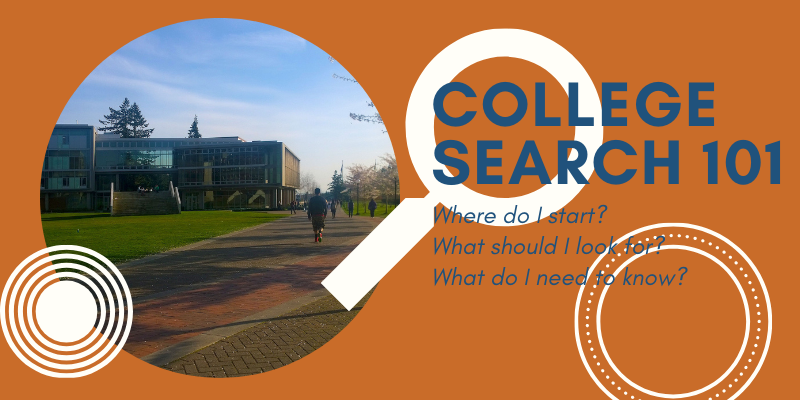
Planning for college is happening for high school juniors and seniors right now! Some may have already applied, and some are already hearing back from schools they’ve applied to. Often, students with an intellectual disability (ID) are left out of these discussions and activities, thinking that college is not an option. Think College is determined to correct this misconception and spread the word that college IS possible for students with intellectual disabilities. So, if you think you might want to go to college after high school, here are some things you can do to get started on YOUR college planning.
Get to know the over 300 college programs that are designed for students with intellectual disabilities specifically.
They all have important things in common…
- They are located at a college, university, or community college.
- They are non-degree programs. This means that students earn a certificate at the end of the program, not an associate or bachelor’s degree.
- There is an alternate admission process that differs from what is required to get into a degree program at the same college.
- Supports for students with ID are provided.
But they can differ from each other in a lot of important ways…
- Programs can be anywhere from 1 – 4 years long
- Some programs offer campus housing and others do not
- Some programs are fully inclusive which means that they do not create any special classes or social experiences that are only for students in the program. Other programs have some separate learning or social experiences.
- Some programs have a general certificate that can be individually designed around the interests of students, and others offer certificates that prepare students for a specific career, such as early childhood education or hospitality, as just two examples.
- The amount and type of supports can vary. For example, some programs may have program staff available to students every day while others may not offer support on campus on weekends. Some may provide support prior to, during, and after college classes, others may provide limited support.
- Some programs accept students who are still in high school and they go to college as their transition program, and some programs accept students who are out of high school. At some programs, they may have both kinds of students attending.
- Admission processes and requirements are different at every program.
- Some programs offer access to federal financial aid, and others do not.
Just as college programs vary, so of course does every student. To begin to identify a college that is going to work, you have to start with discovering what matters to YOU. Imagine yourself in college – what are you doing?
- What classes are you taking?
- What social events are you participating in?
- Where are you living?
- Are you close to home or far away?
- When you complete college, what do you want to do?
Visualizing college and talking to your friends and family about how you want it to be for YOU can help you learn what is most important. Now, armed with a list of things that matter to you, start exploring!
Think College Search gives you a place to start learning about the options. You can:
- Discover programs that offer the things that matter the most to you by using the “filters”. Like for example, seeing only the programs that offer campus housing if you want to live on campus.
- Save the ones that look promising
- Compare programs on how they are the same and how they are different.
Finding the right fit takes time. College options for students with ID are a relatively new idea.
Because they are all different, it can take a bit of digging to learn enough about a program to really know if it is right for you. Use our How to Conduct a College Search Guideto review questions that were suggested by real students and families that you can ask to learn more about the college programs you are most interested in.
Here is the bottom line: students who are getting ready to finish high school start thinking about what they will do next. Lots of students begin to look at colleges and see if there is a good fit for them. Think College offers resources that can help students with intellectual disability look at lots of options. We want to make sure that if a student wants to go on to college, they can!
Post author: Cate Weir is the project director for the Think College National Coordinating Center, a position she has held since the Center’s inception in 2010. One of her favorite parts of that job is talking to families and students as they embark on the journey to postsecondary education and finding the right college.
This blog was originally posted on ThinkCollege.net
